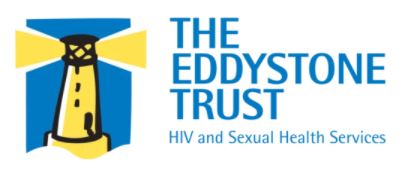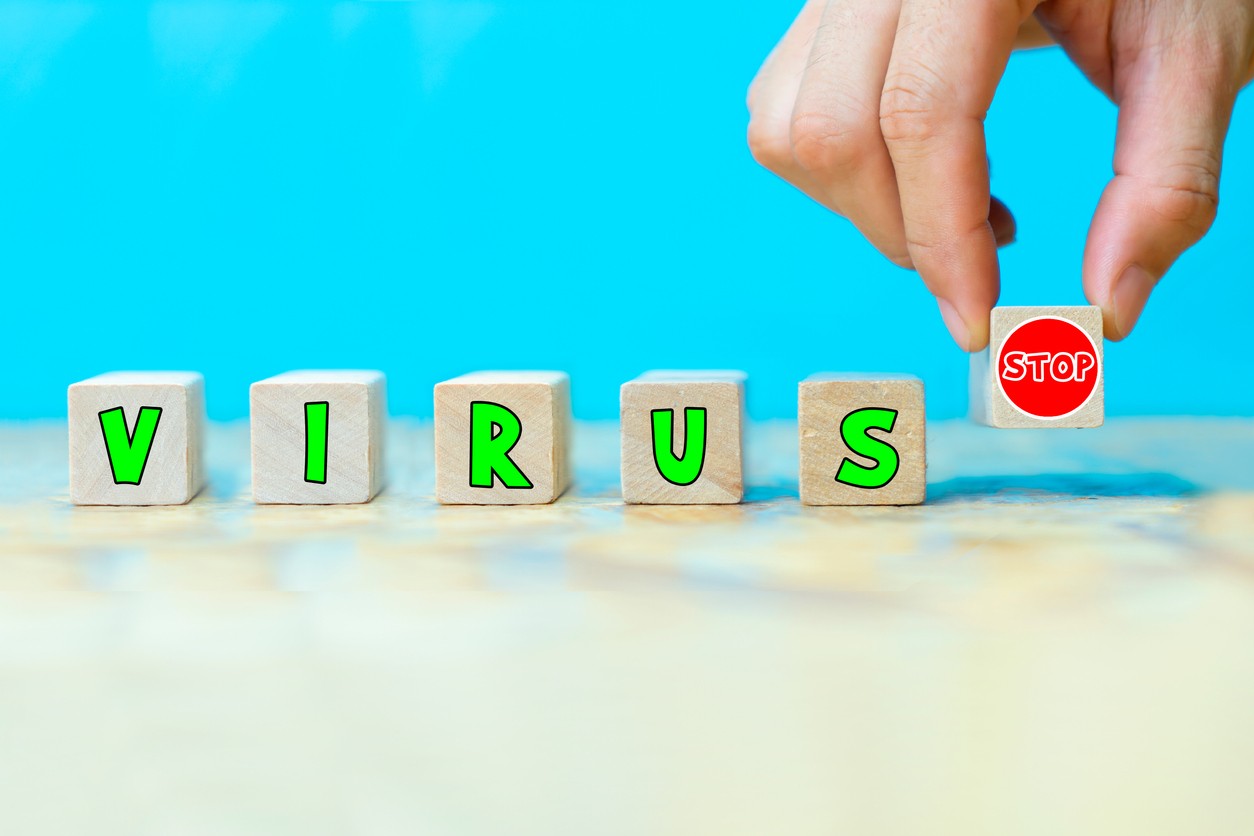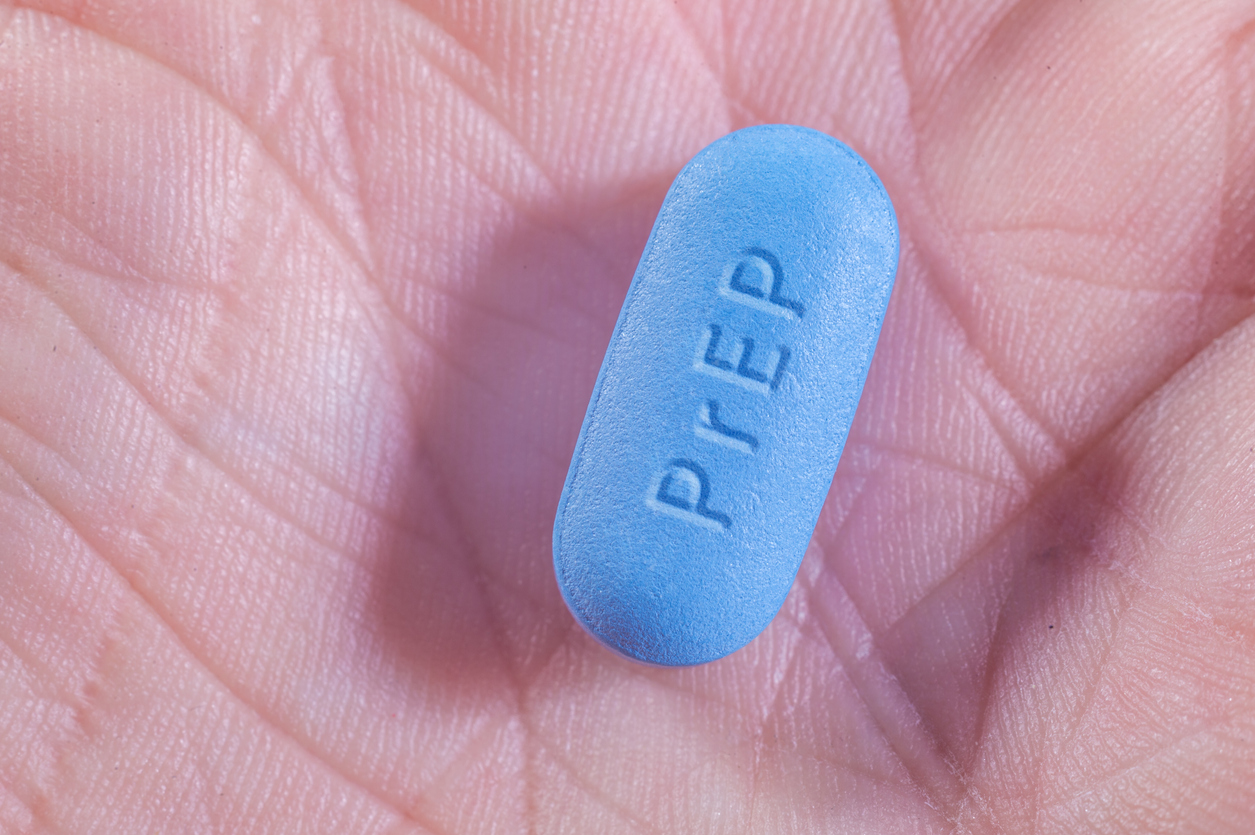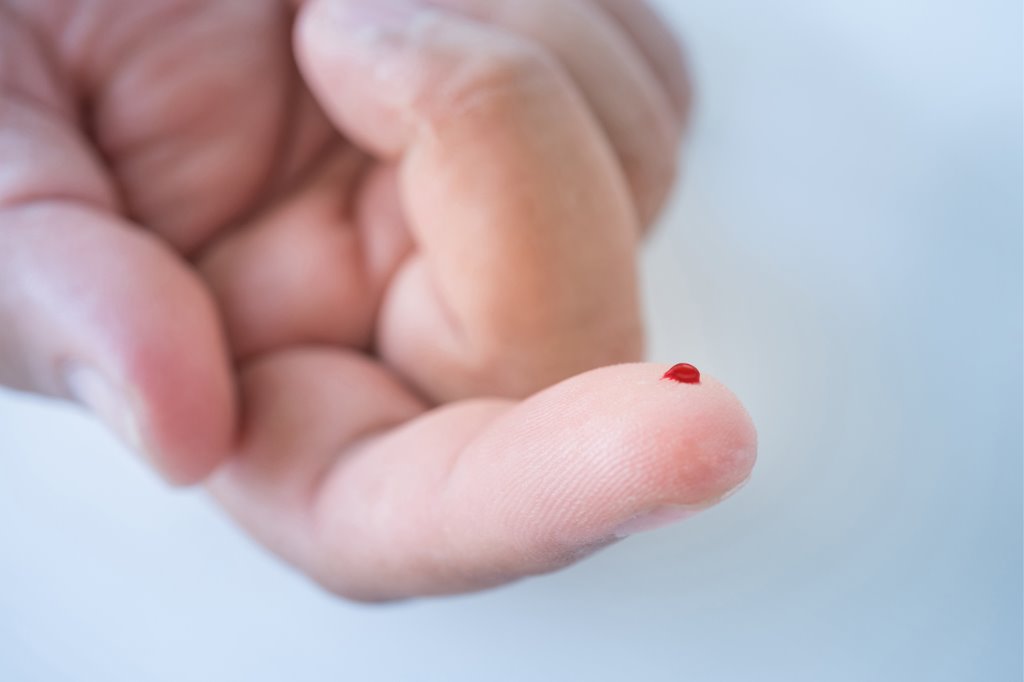
What is HIV?
HIV (human immunodeficiency virus) is a virus that attacks the immune system. It can be transmitted through sexual contact, through injecting contaminated blood (e.g. sharing drug injecting equipment) or blood products (e.g. a blood transfusion) and from mother to child in utero (when the baby is still in the womb).

What is AIDS?
AIDS stands for Acquired Immune Deficiency Syndrome. It is one end of the spectrum of the disease caused by HIV, when the immune system is badly damaged and a person becomes seriously ill. The term used to be used widely when there was little or poor treatment available and suggested that the person was terminal (going to die), but nowadays people with AIDS often get better – because the treatment works so well – so the term is a bit out of date. Technically AIDS was defined as having a CD4 (type of white blood cell of the immune system) under 200 – where normally it would be >1000 — meaning they are very susceptible to illness/infection, or having such an HIV-related illness or infection, like Kaposi’s Sarcoma for example. These kinds of conditions are rarely seen in people who do not have HIV.
What are the symptoms (signs) of HIV?
Sometimes there are none. If symptoms are present they can be very varied, and depend on the stage of the condition. Soon after a person is infected with HIV they may have what’s called ‘serconversion illness’ which can be a bit like glandular fever – common symptoms include fever, rash, headache, swollen lymph glands, tummy upset. This can last for quite a while, but usually get completely better. Not everyone will have this though. Then there is often a long period when the person can feel completely fine, but (on average between 3-8 years) will start to notice more frequent minor (or major) illnesses e.g. swollen glands, bad skin or chest problems, diarrhoea, sore throat or mouth and weight loss which eventually will progress to serious problems requiring healthcare intervention and perhaps admission to hospital, and eventually death if the diagnosis is not made.
Treatment for HIV
The treatment works brilliantly well and keeps people healthy for years and years, often matching the life-expectancy and functioning of uninfected persons. This is especially true if the diagnosis is made early on, as there is less chance for the virus to damage the immune system.
The treatment currently consists of tablets taken by mouth (usually 3 separate drugs which can be combined in various ways so that most people are taking no more than 1 or 2 tablets a day). These are prescribed in specialist centres like ours, and people living with HIV are seen regularly for blood tests and review to monitor progress (when stable, this might be at 4-6 monthly intervals).
What should I do if I think I have HIV?
Seek a test from one of our clinics, from your GP or healthcare provider; for some groups testing can also be accessed on-line – this might be a home-based test (where you get an instant result) or home-based sampling (where you take the sample at home and send it off for testing)(link). Avoid sexual contact until you have had your test results back.
How can I avoid getting HIV?
We would advise using a condom for all types of sexual activity. Pre-exposure prophylaxis (PREP) is a tablet taken daily or prior to sexual activity (link) which has been shown to protect against HIV acquisition for those at particularly high risk.

